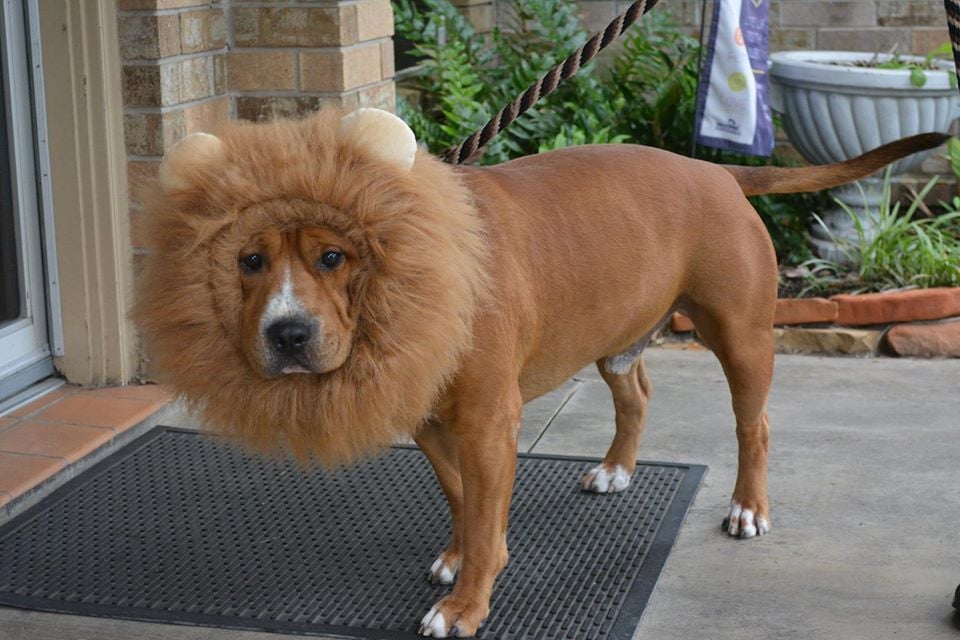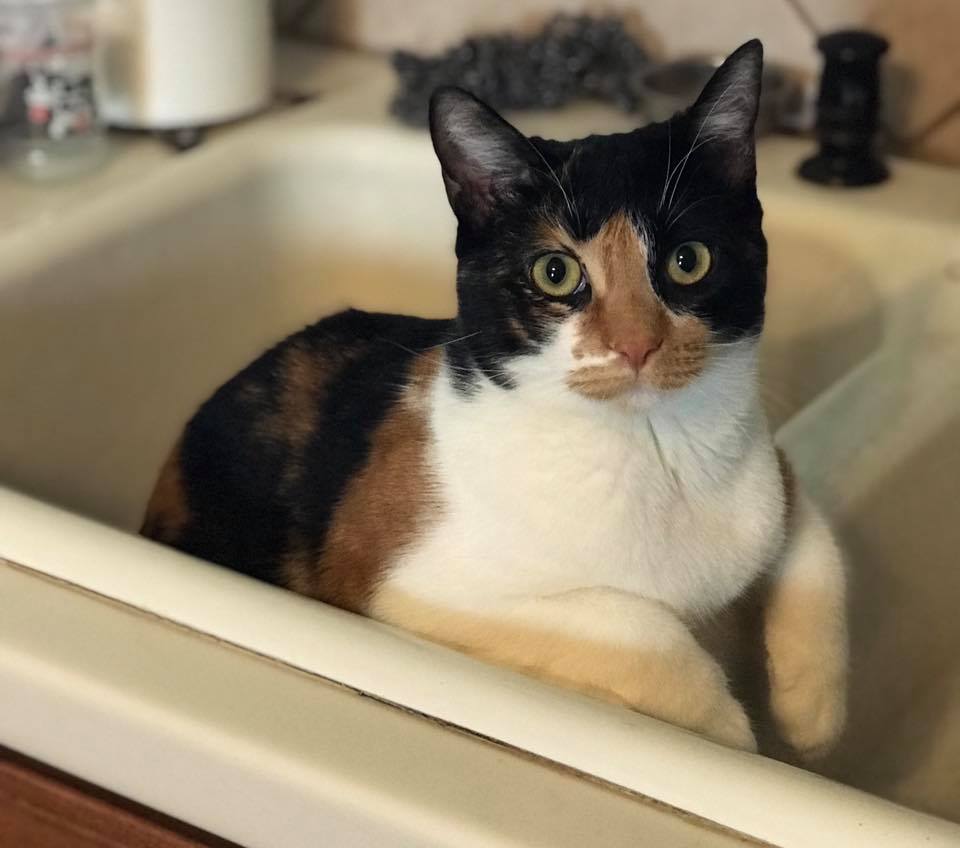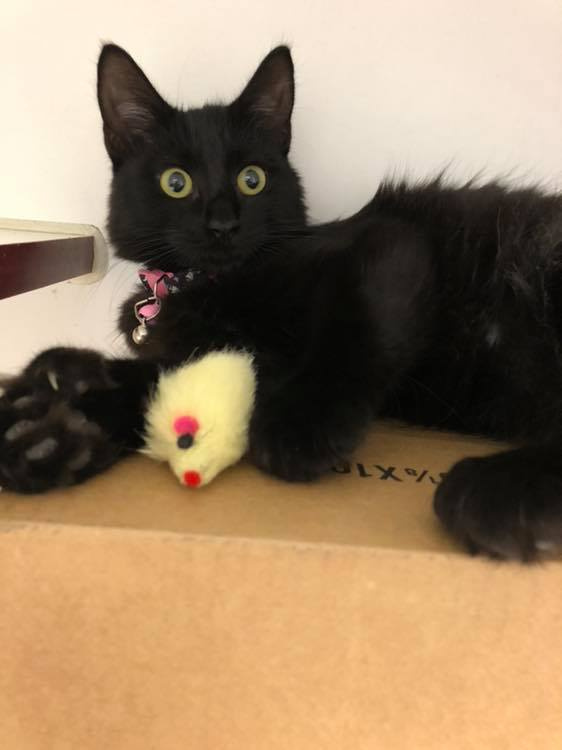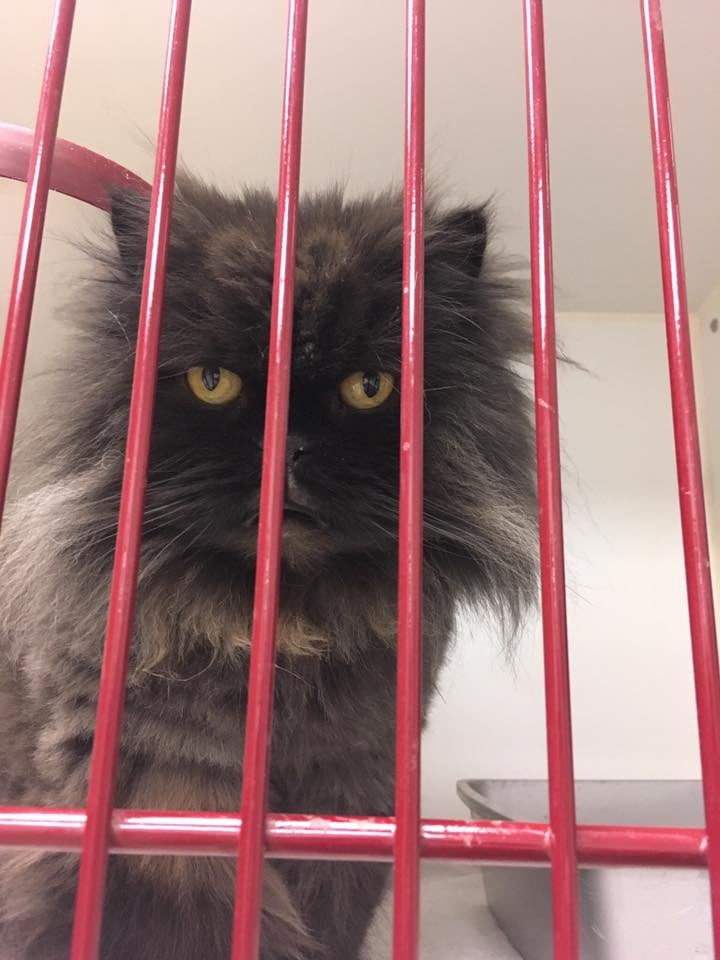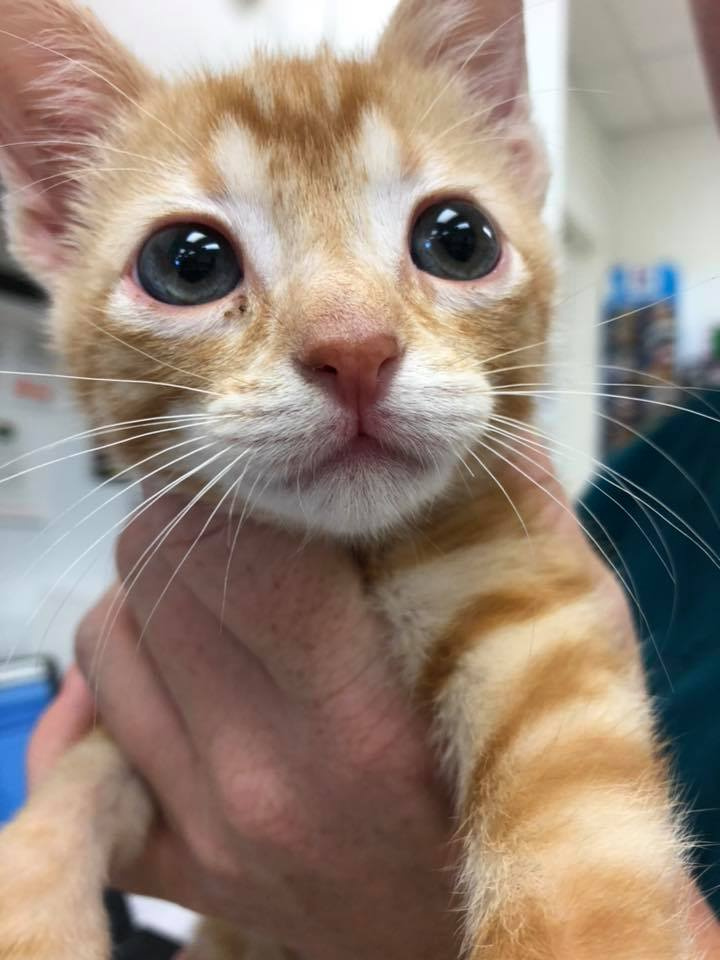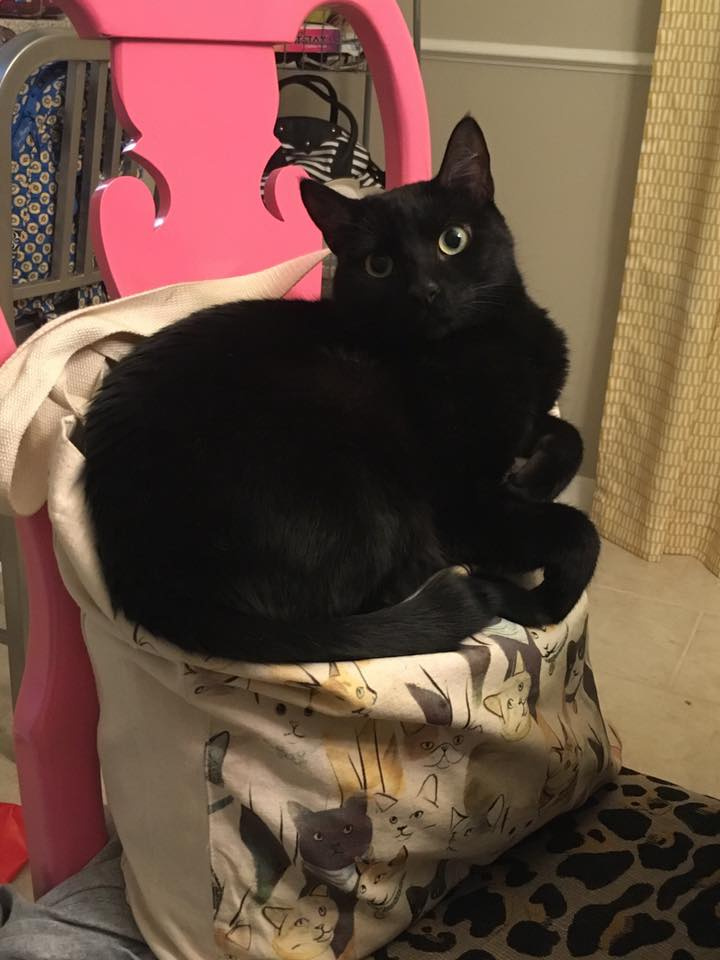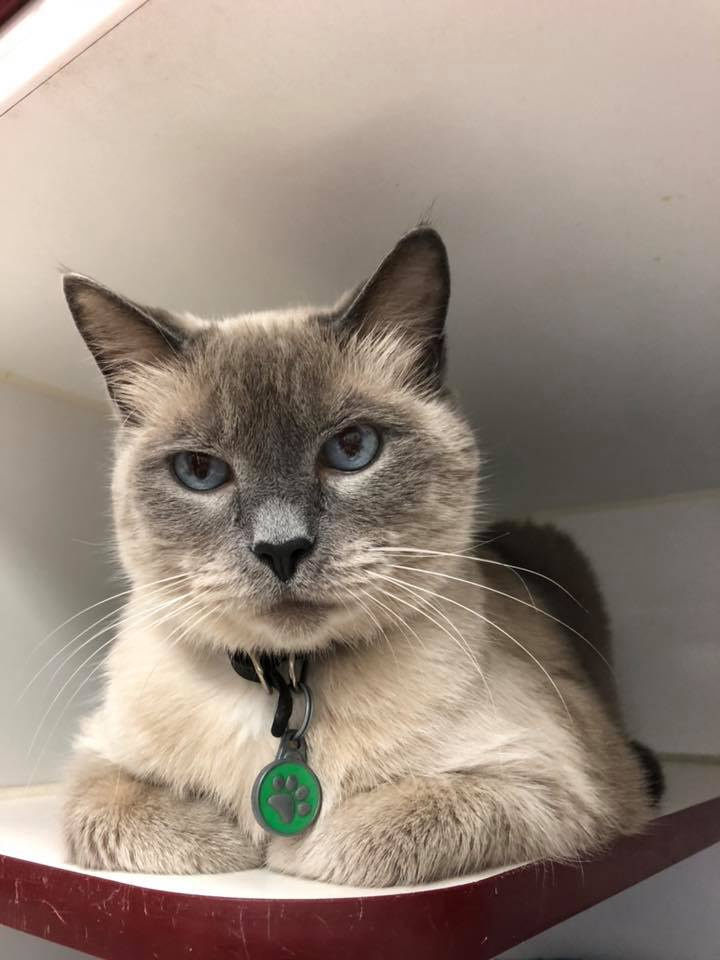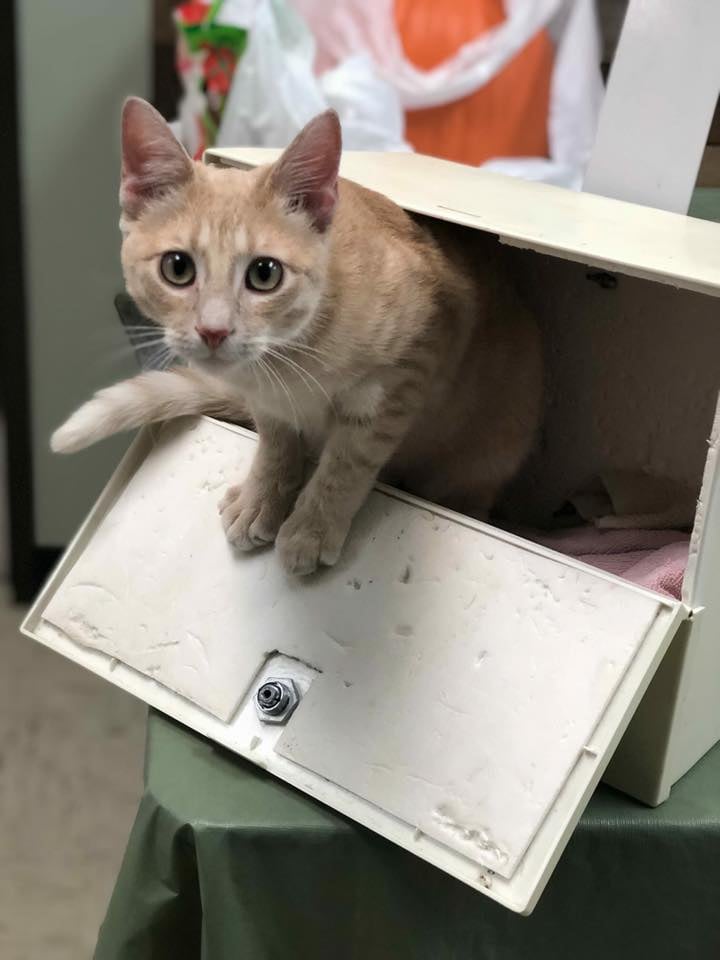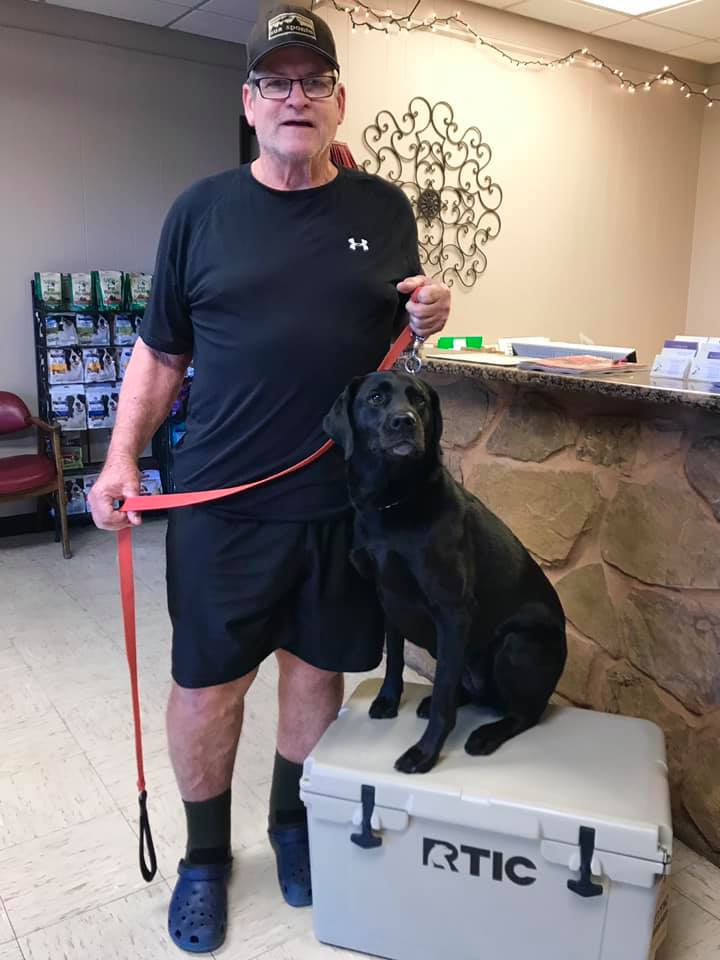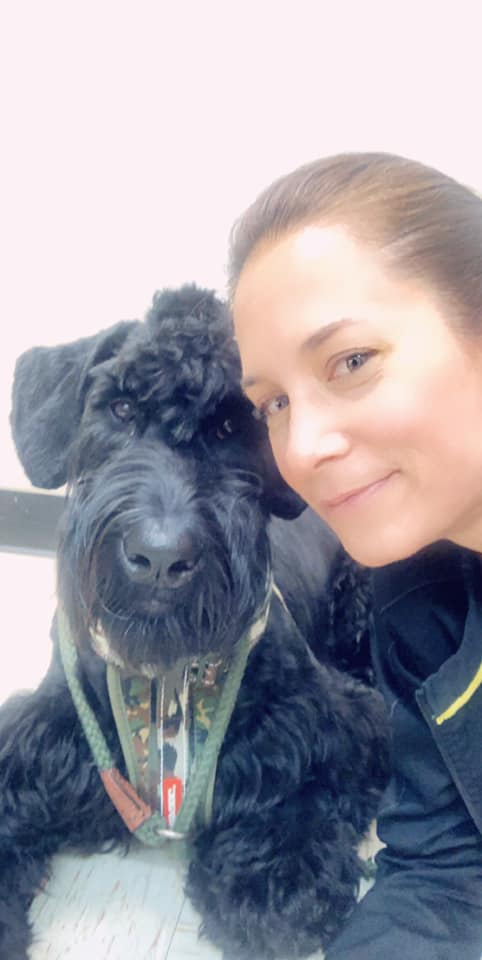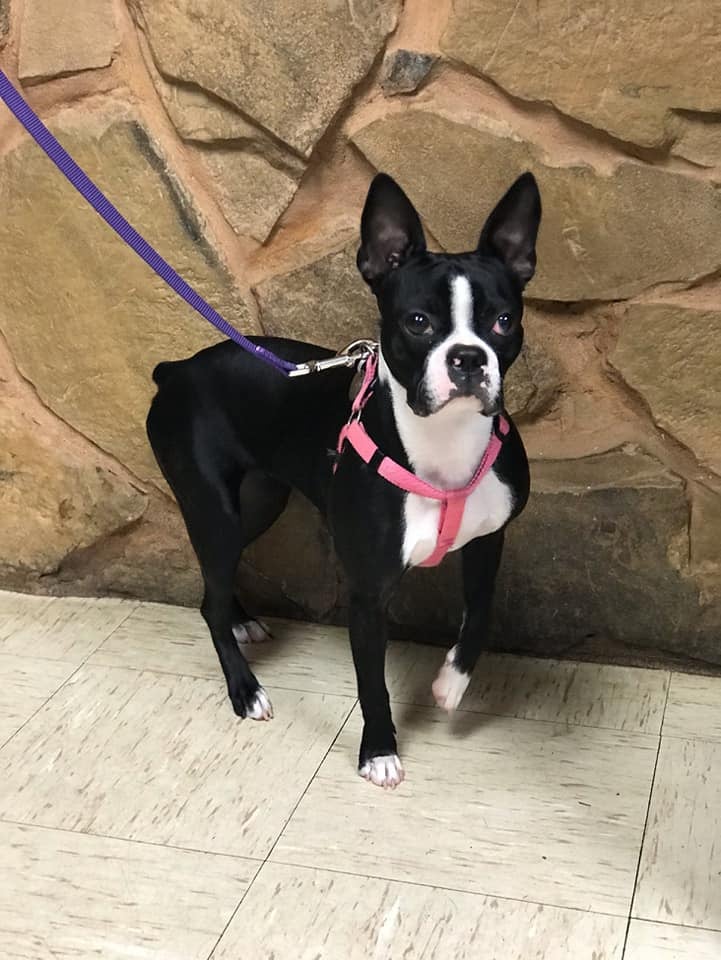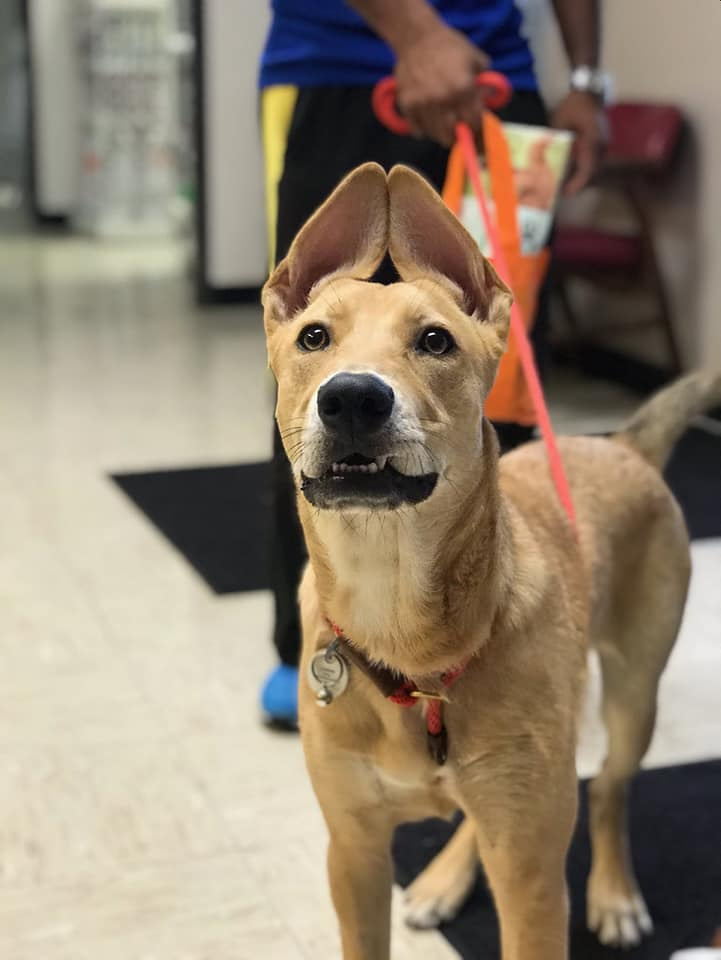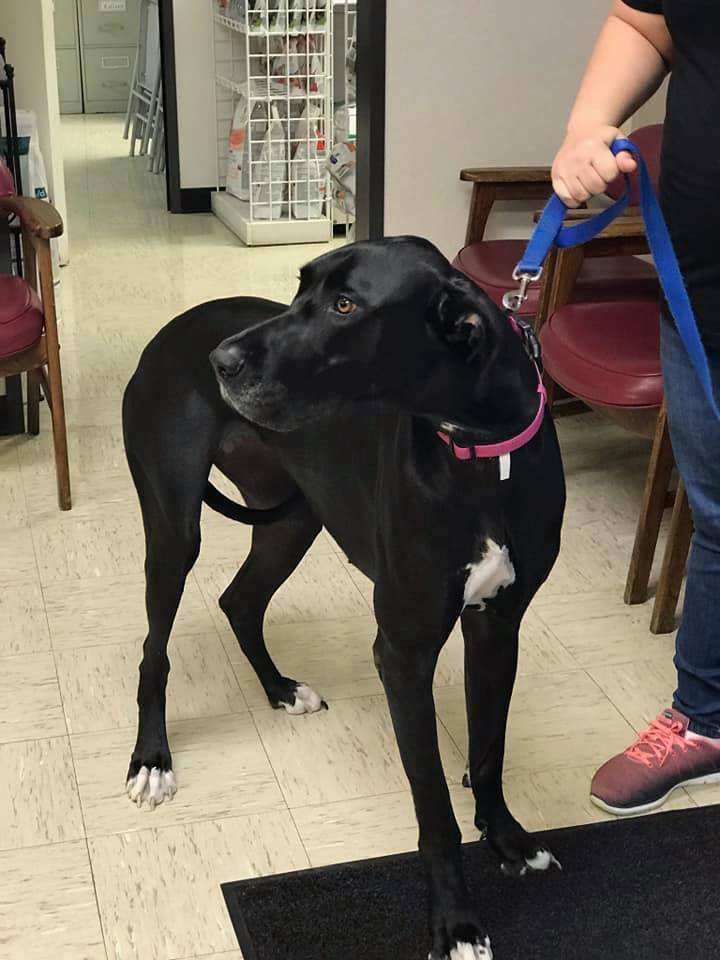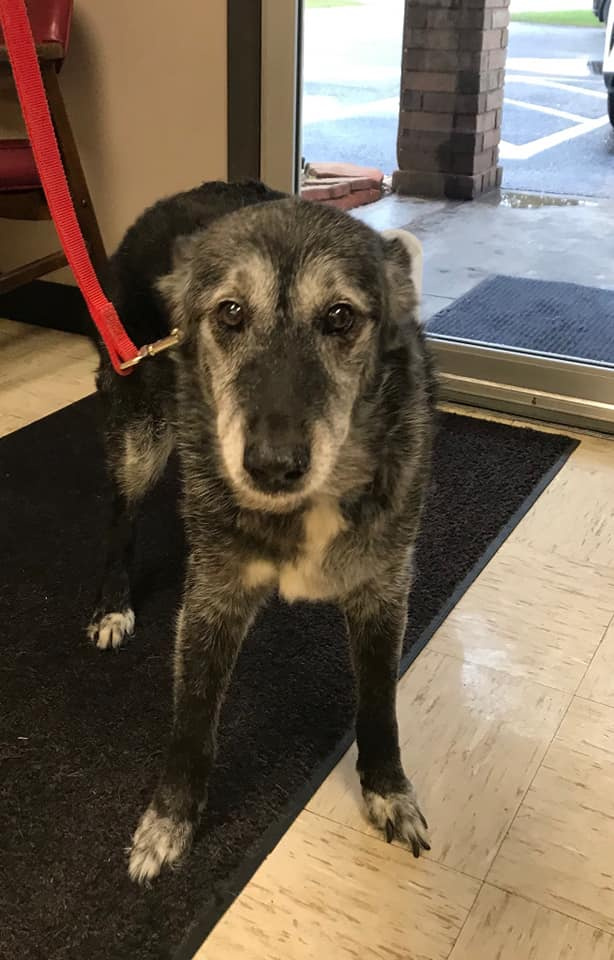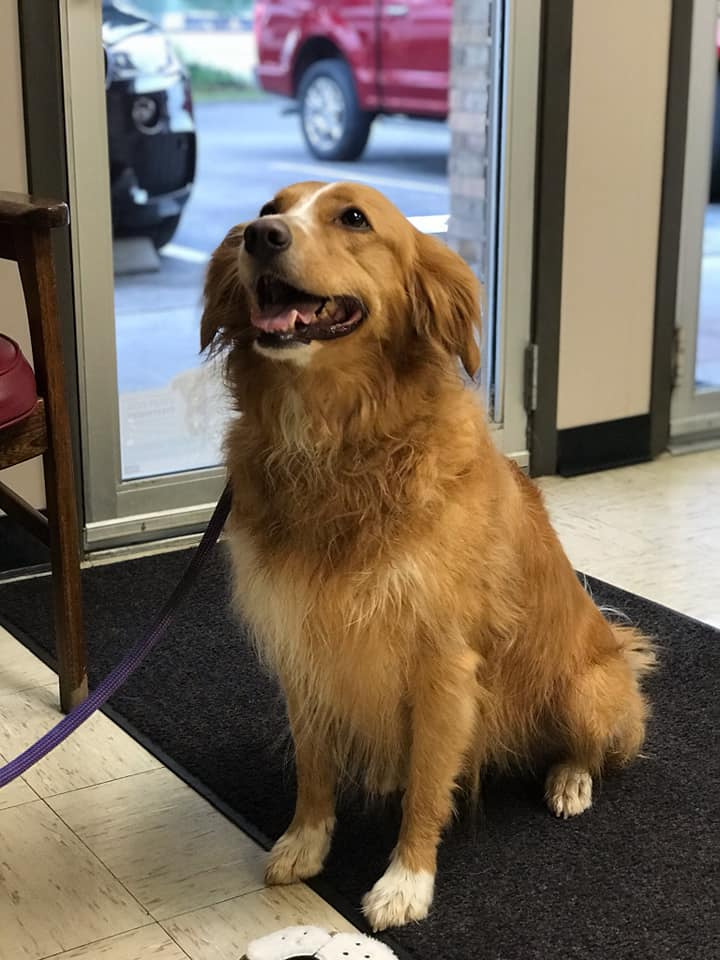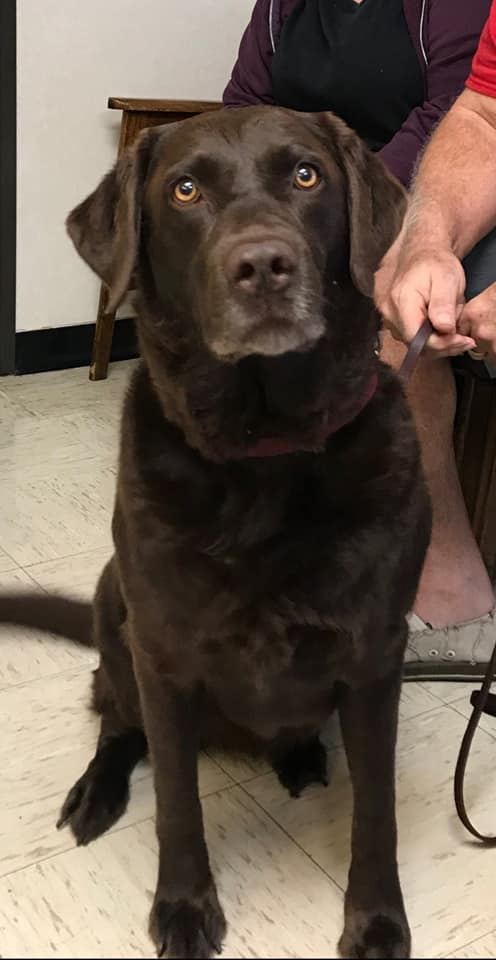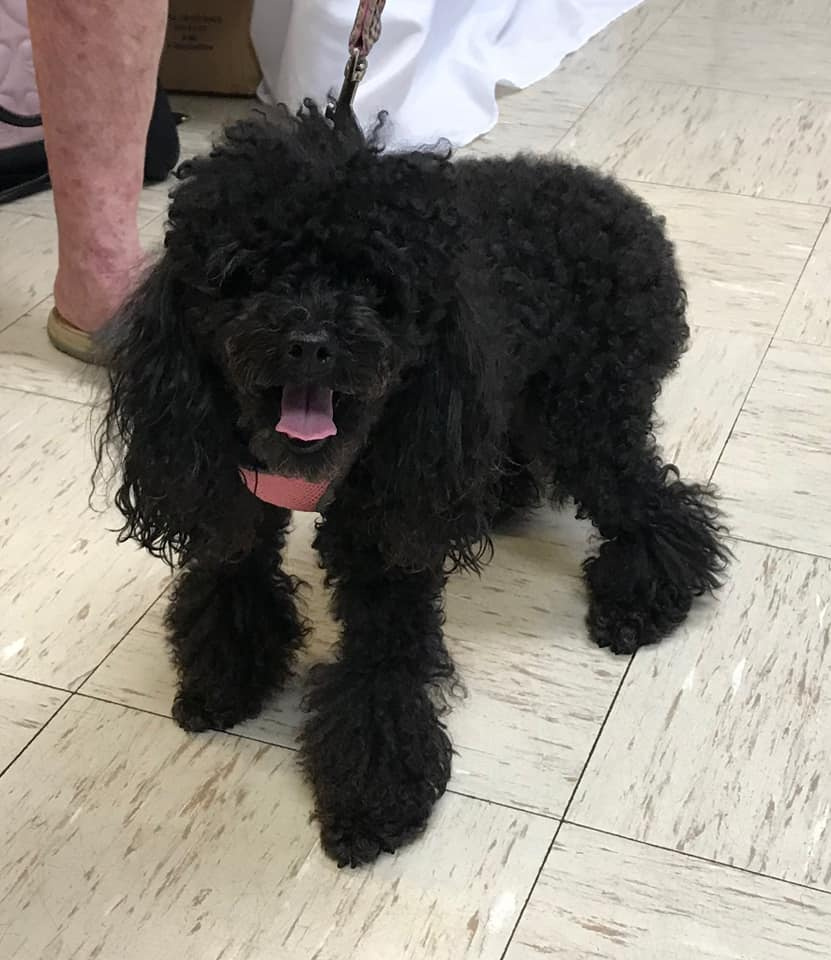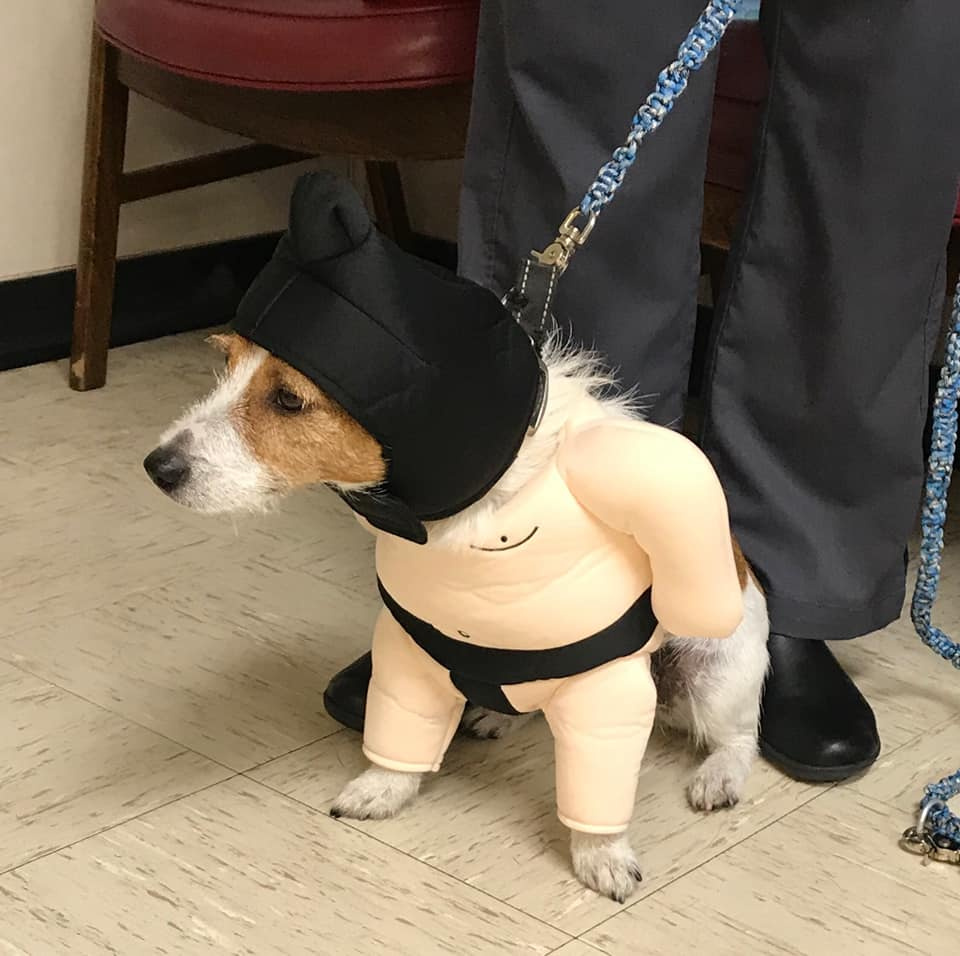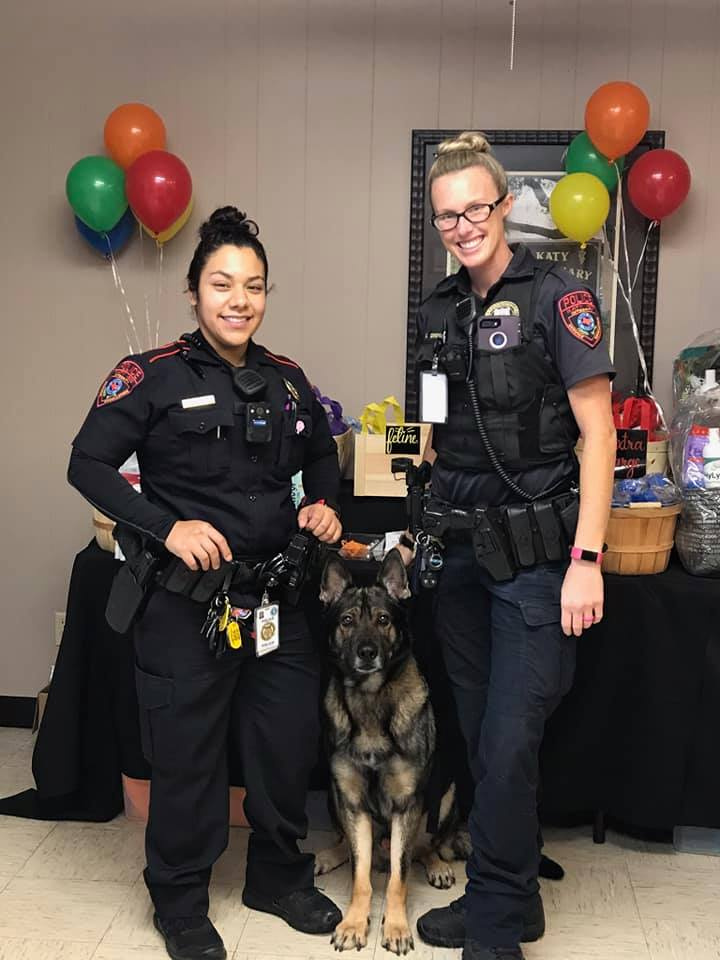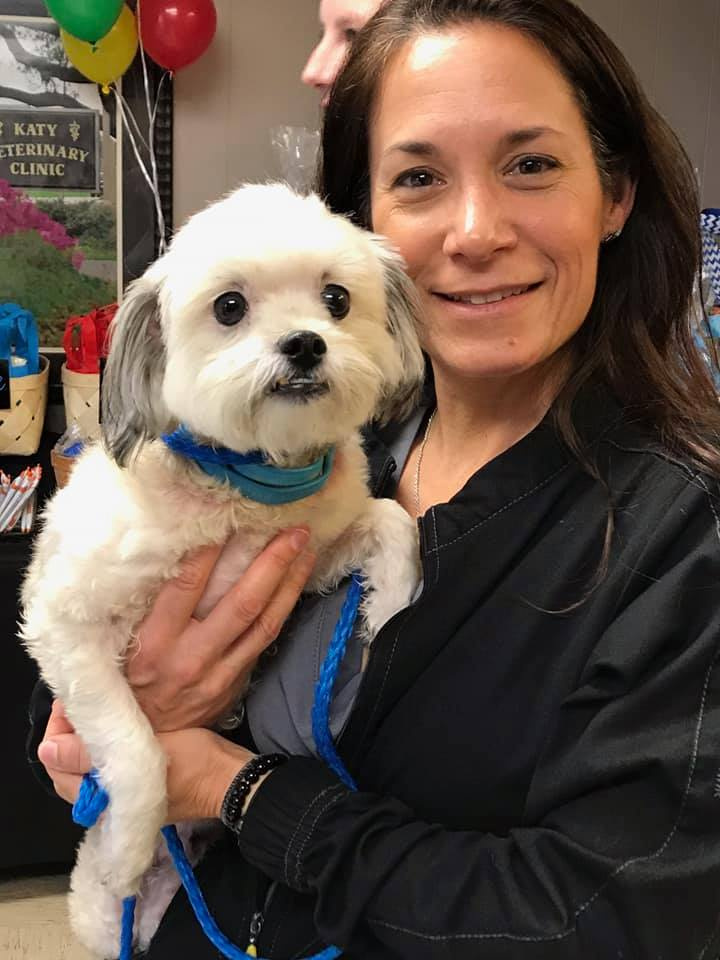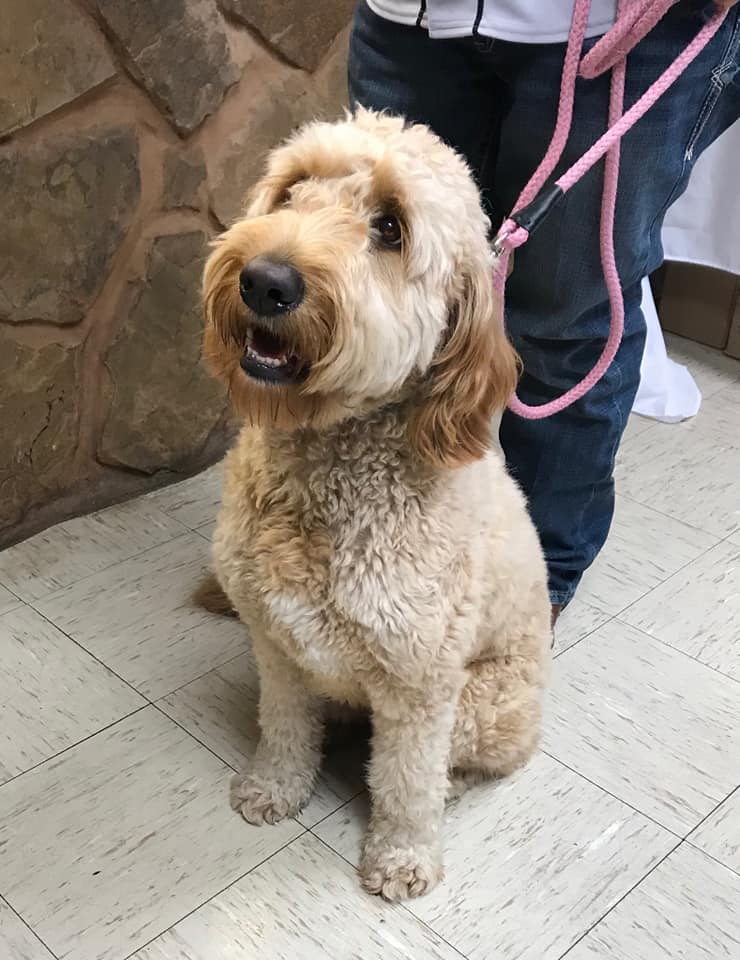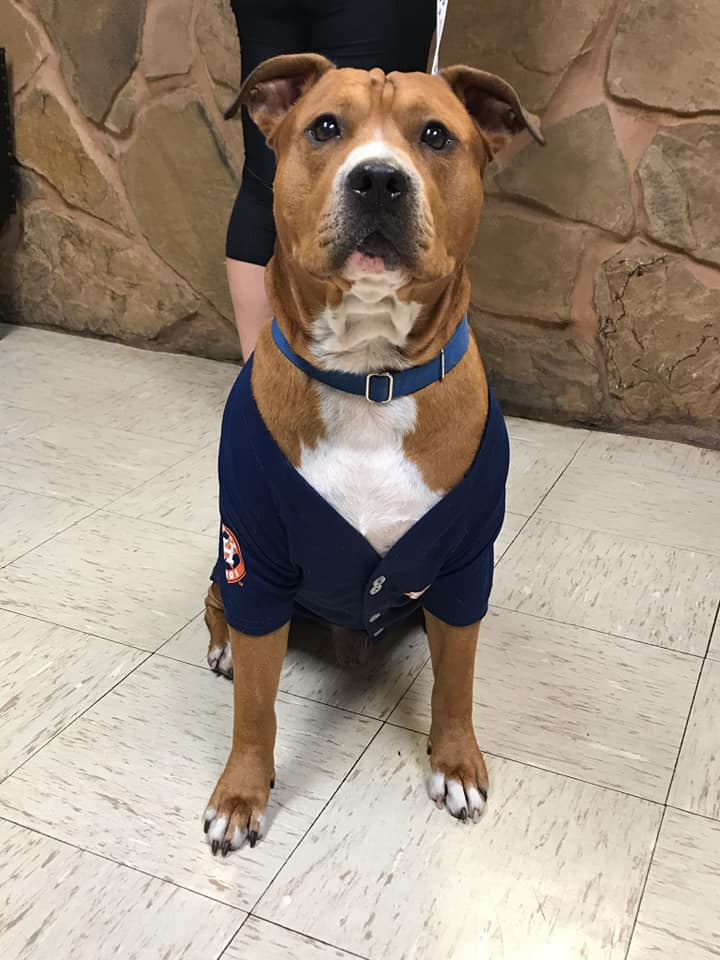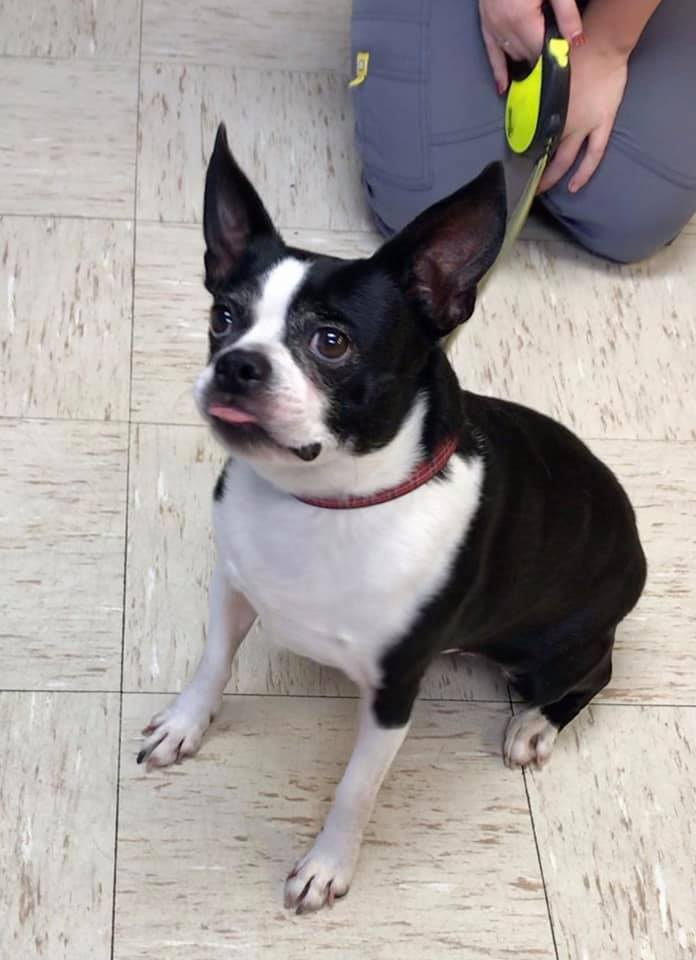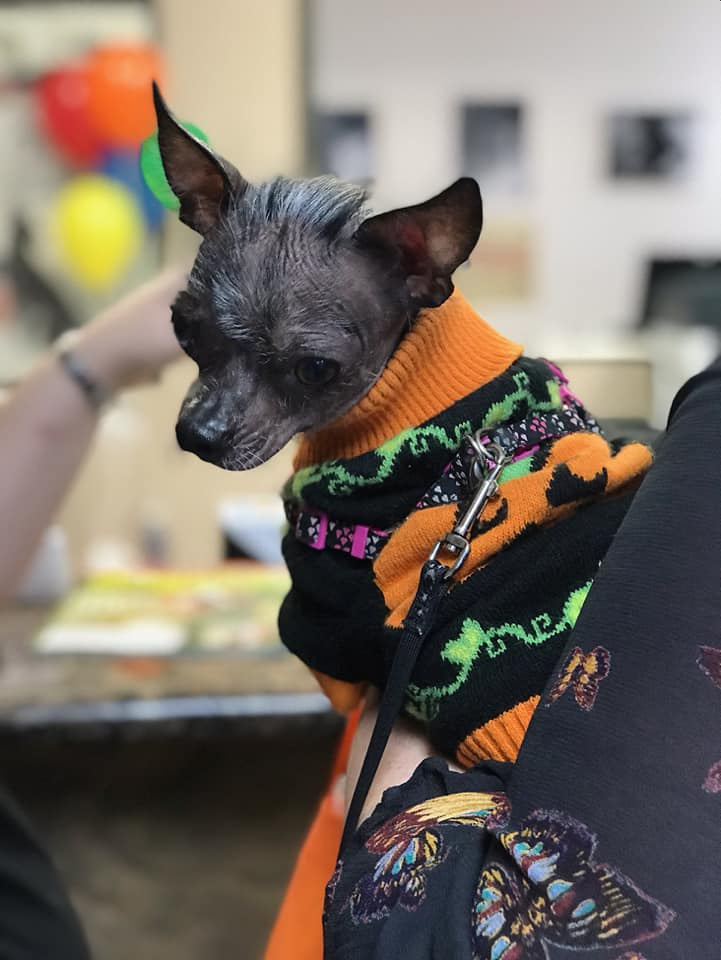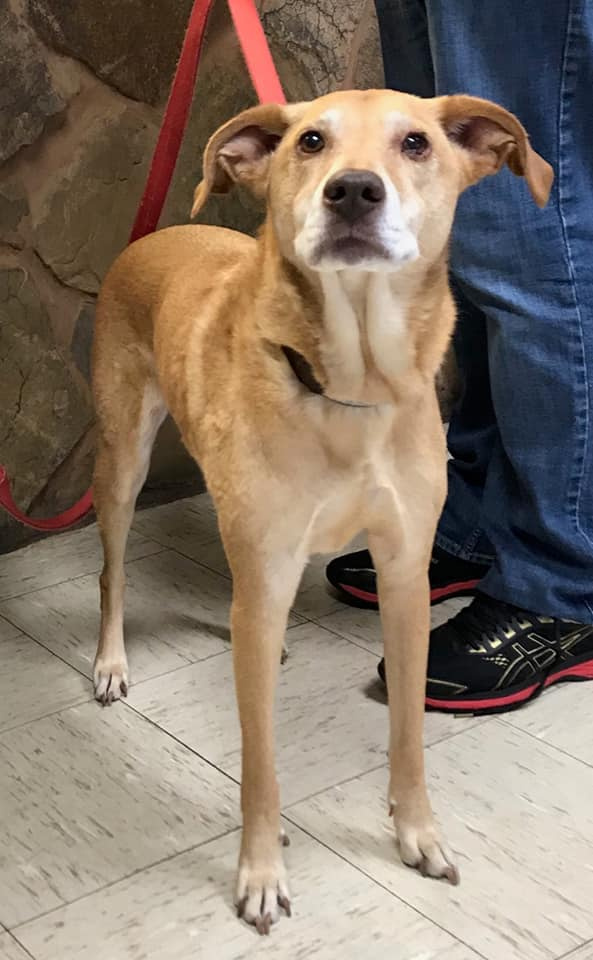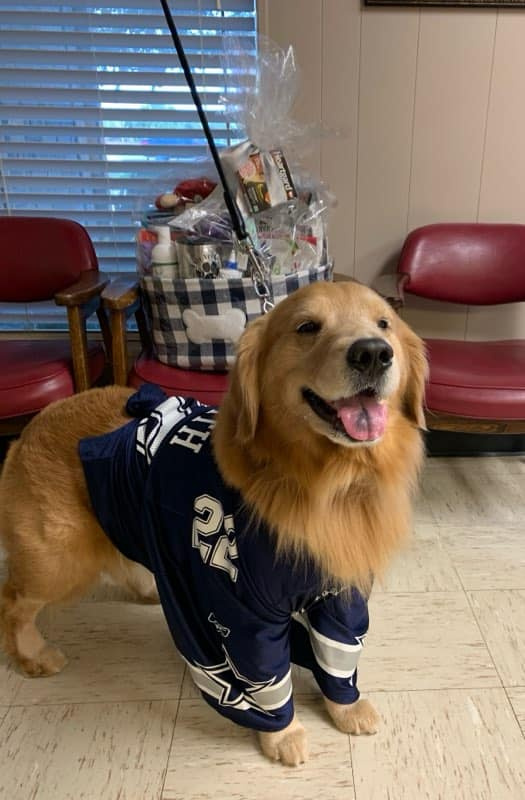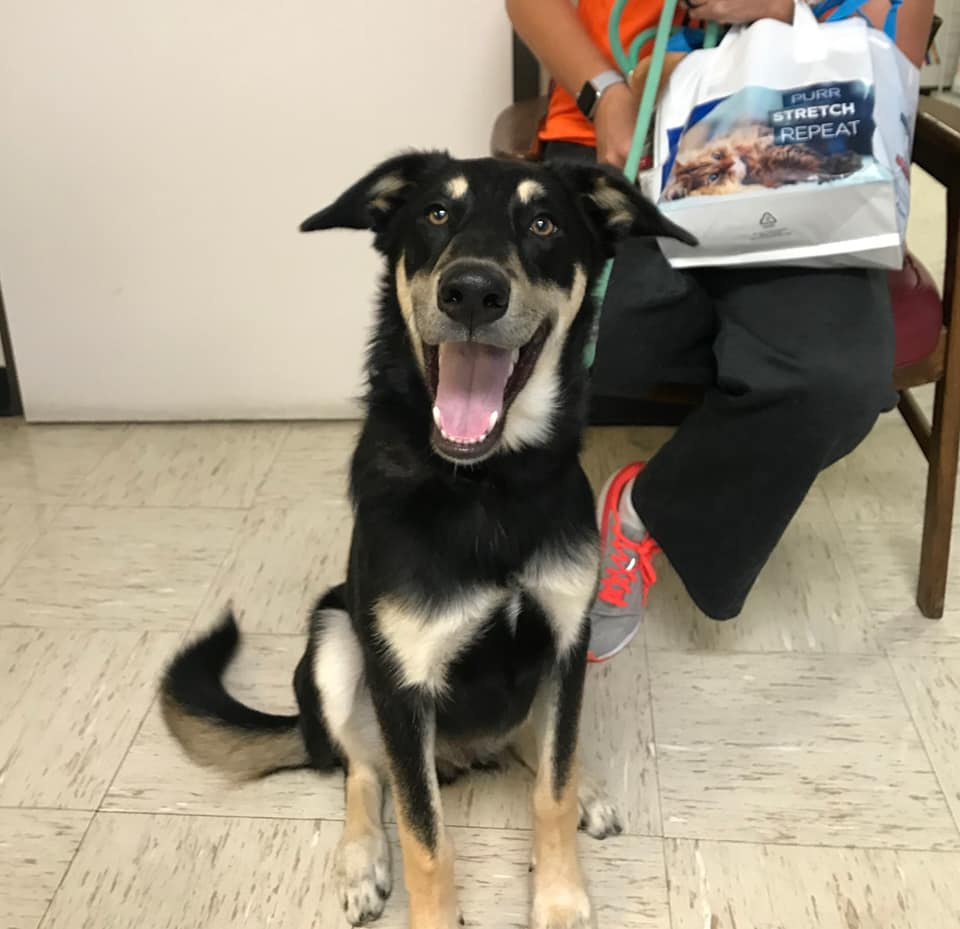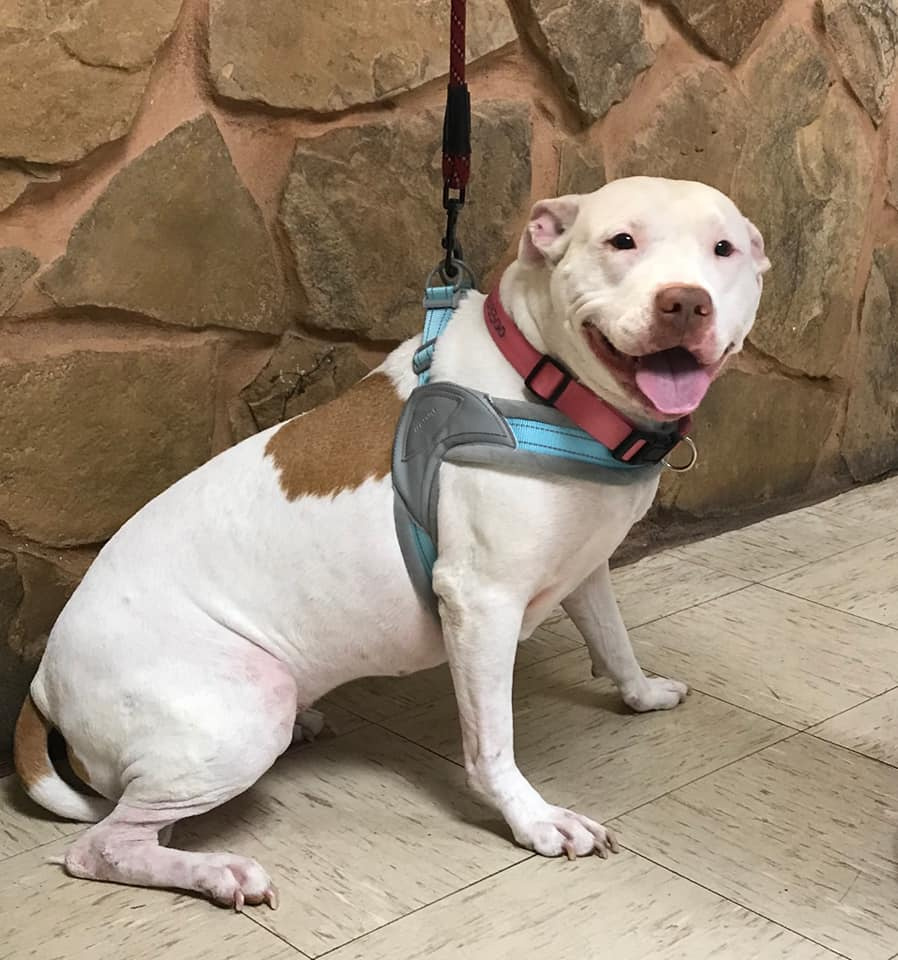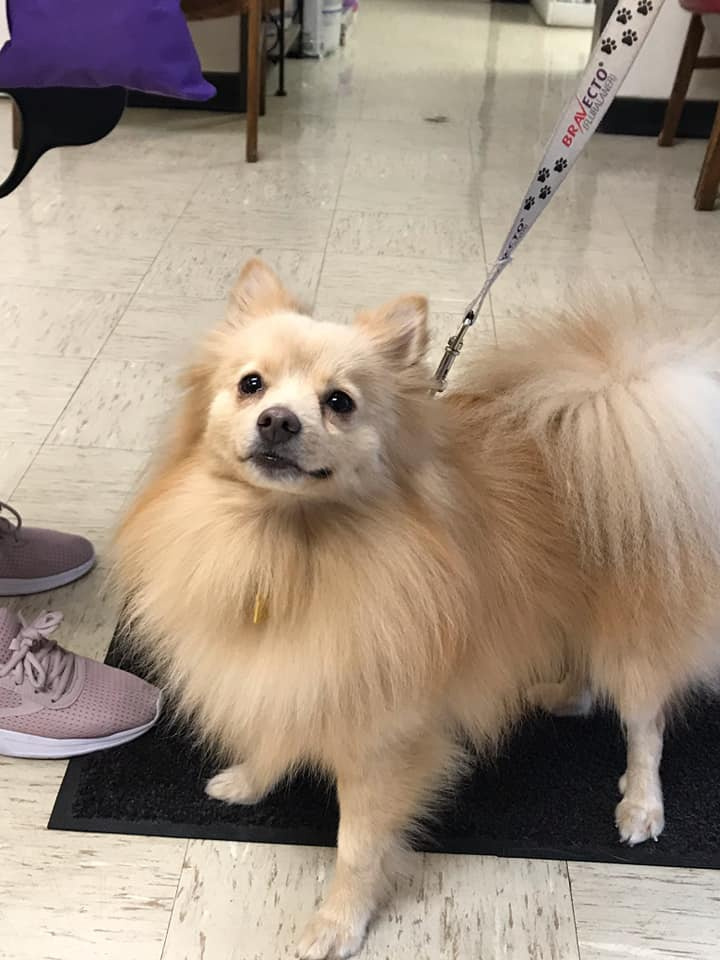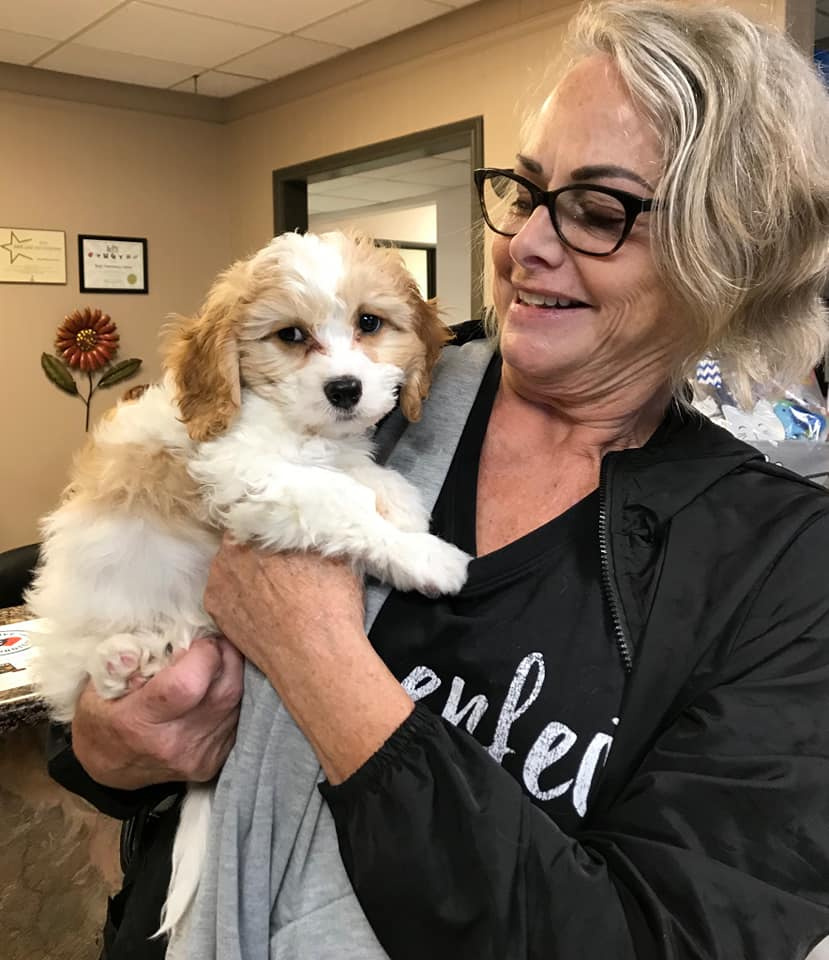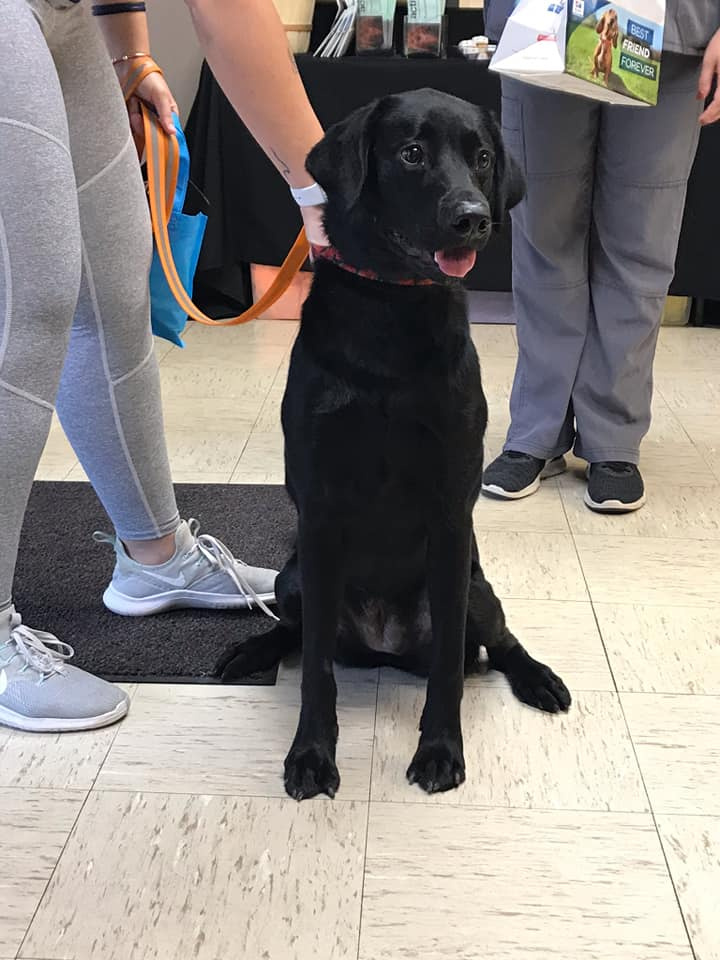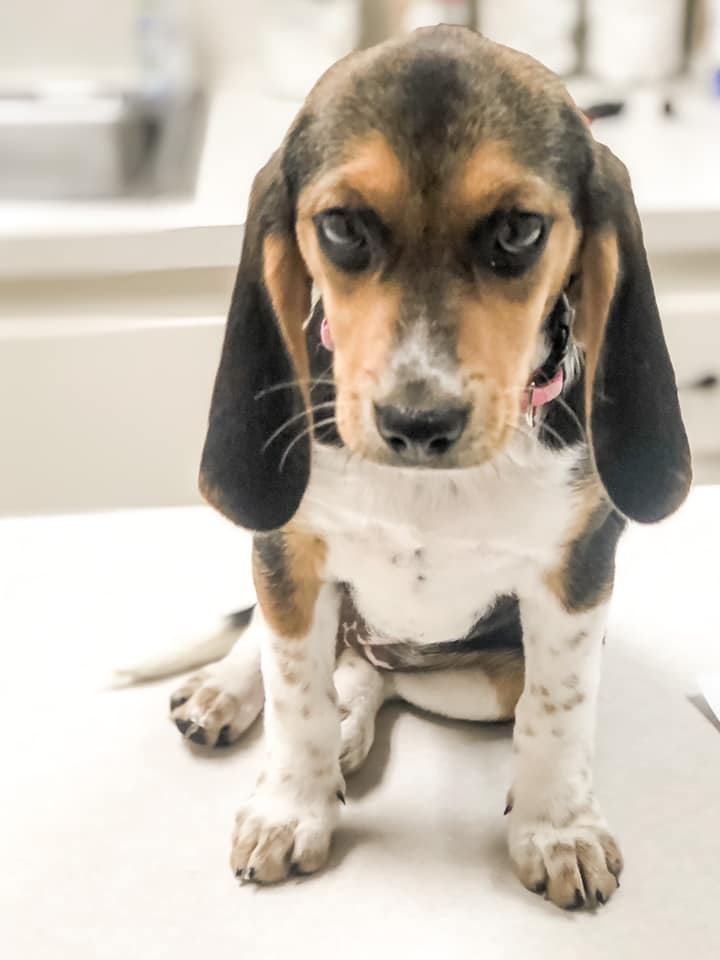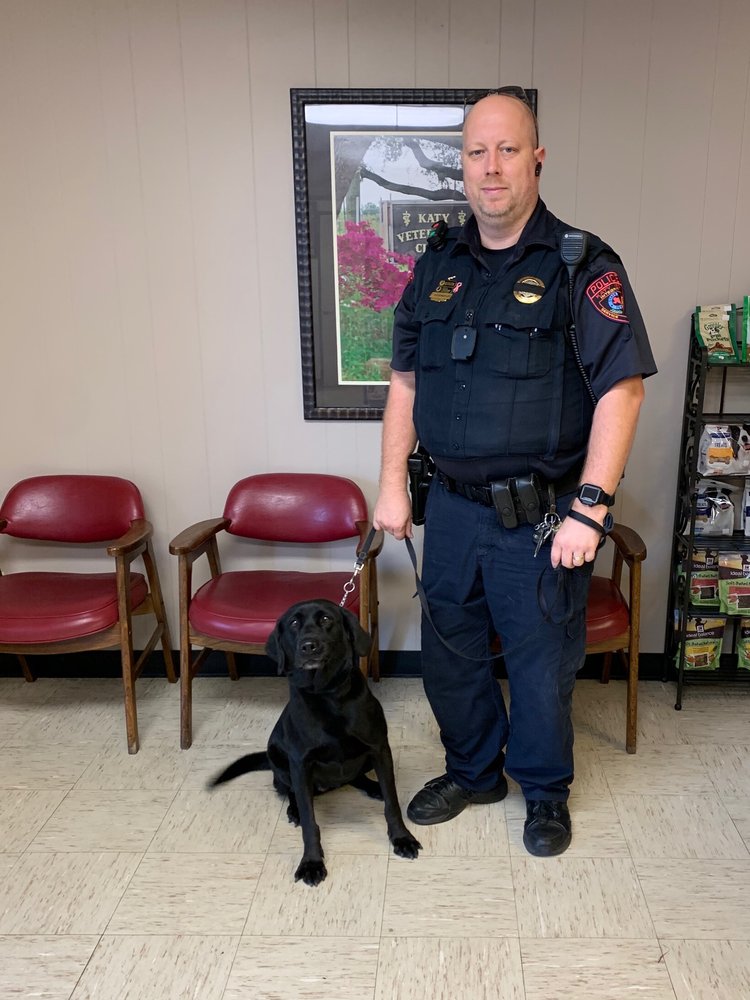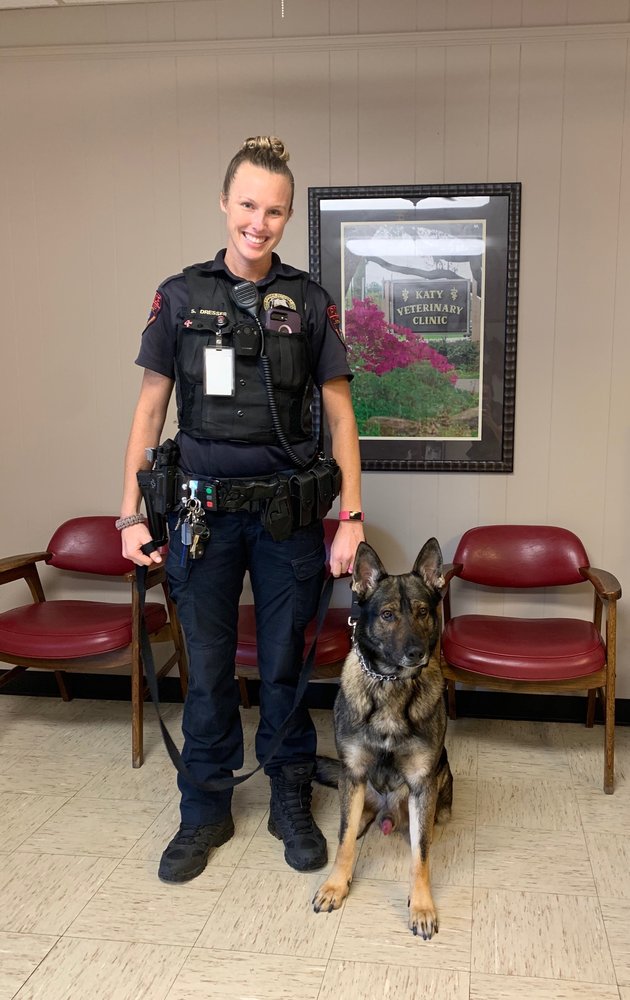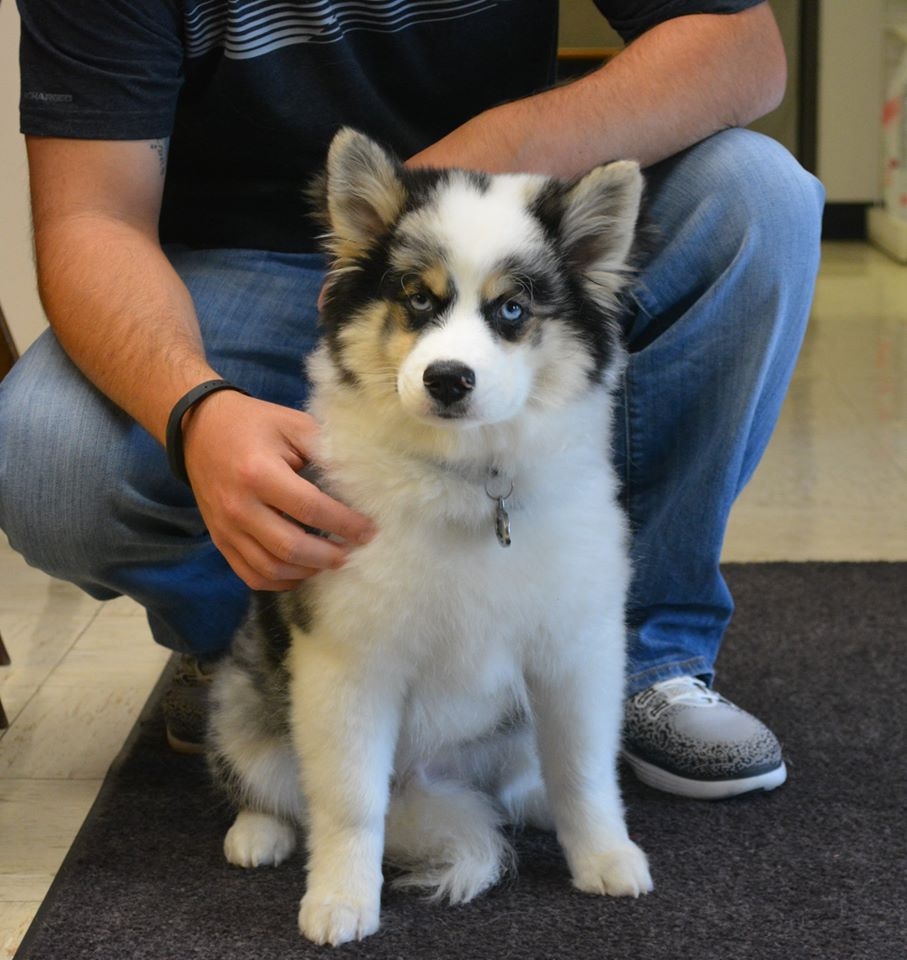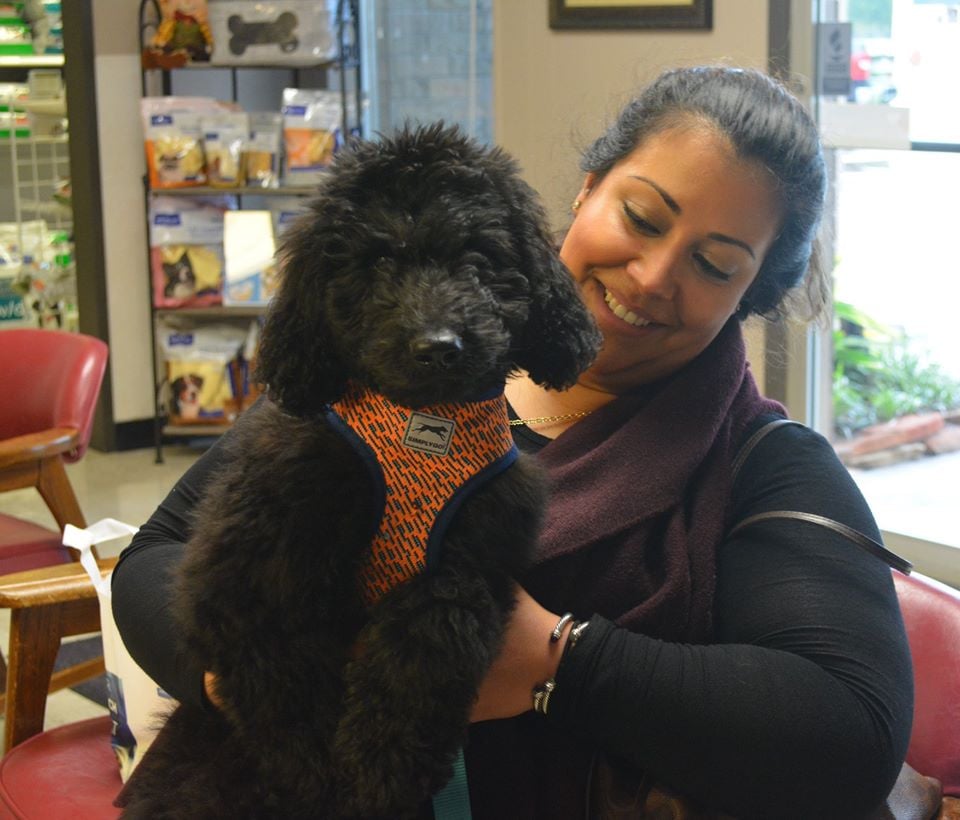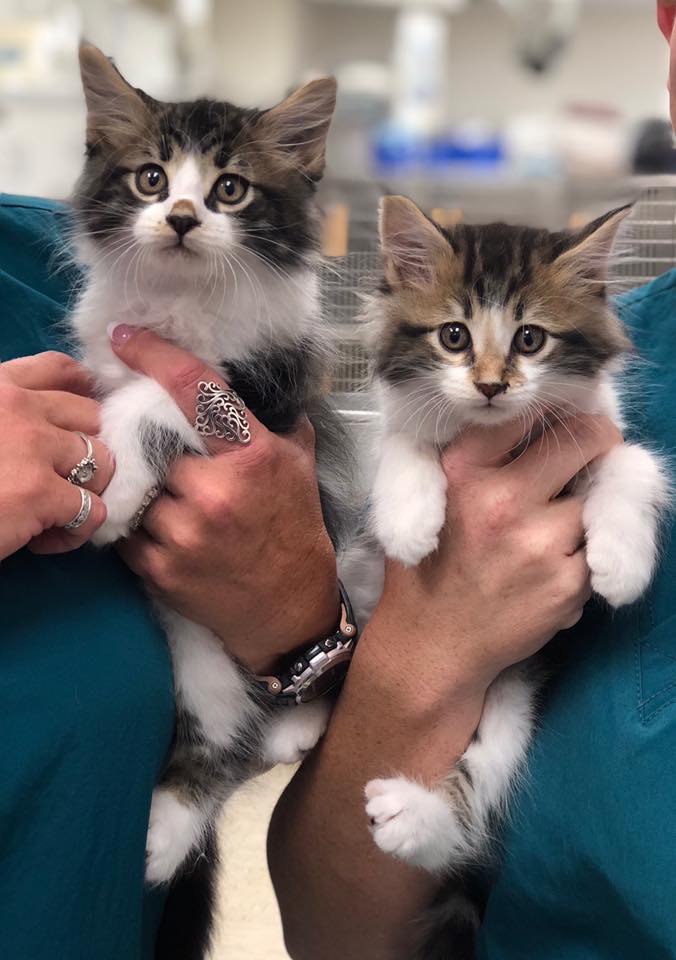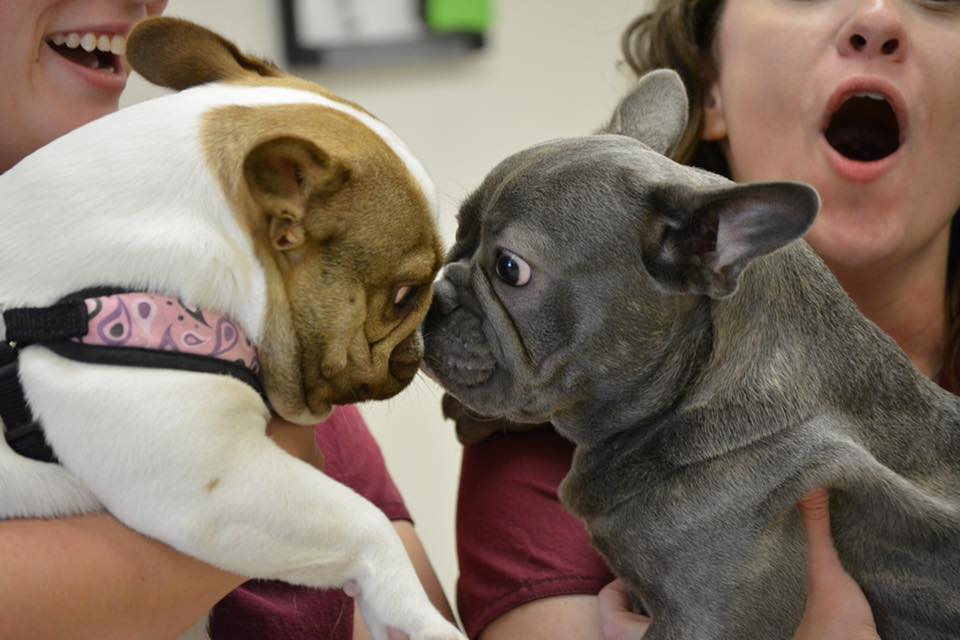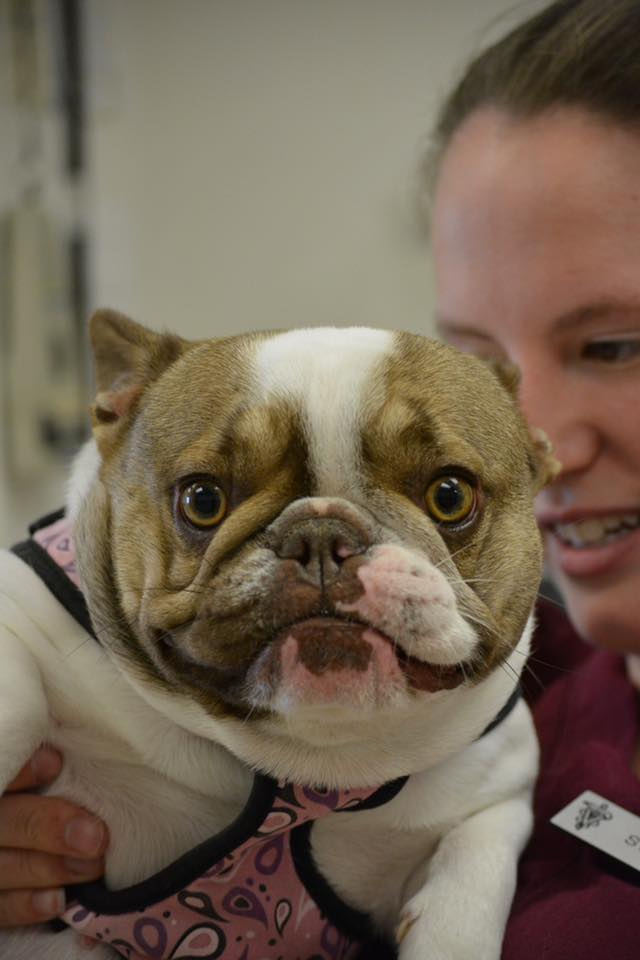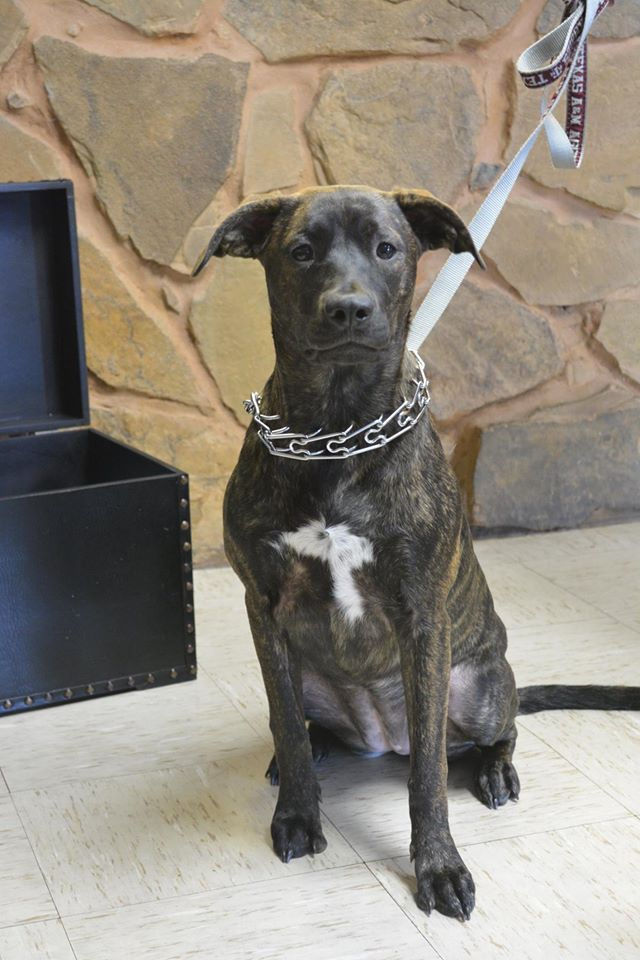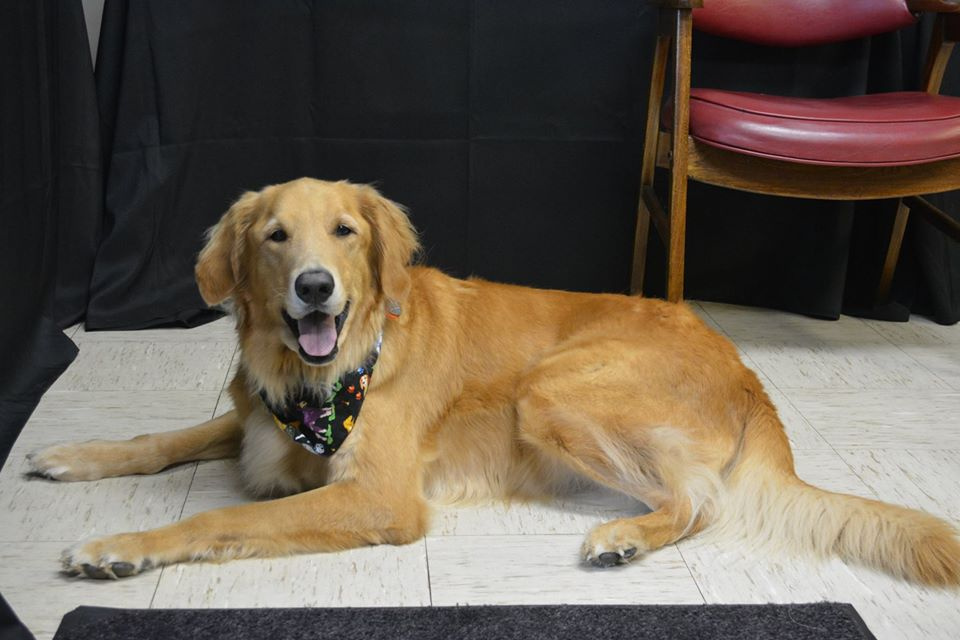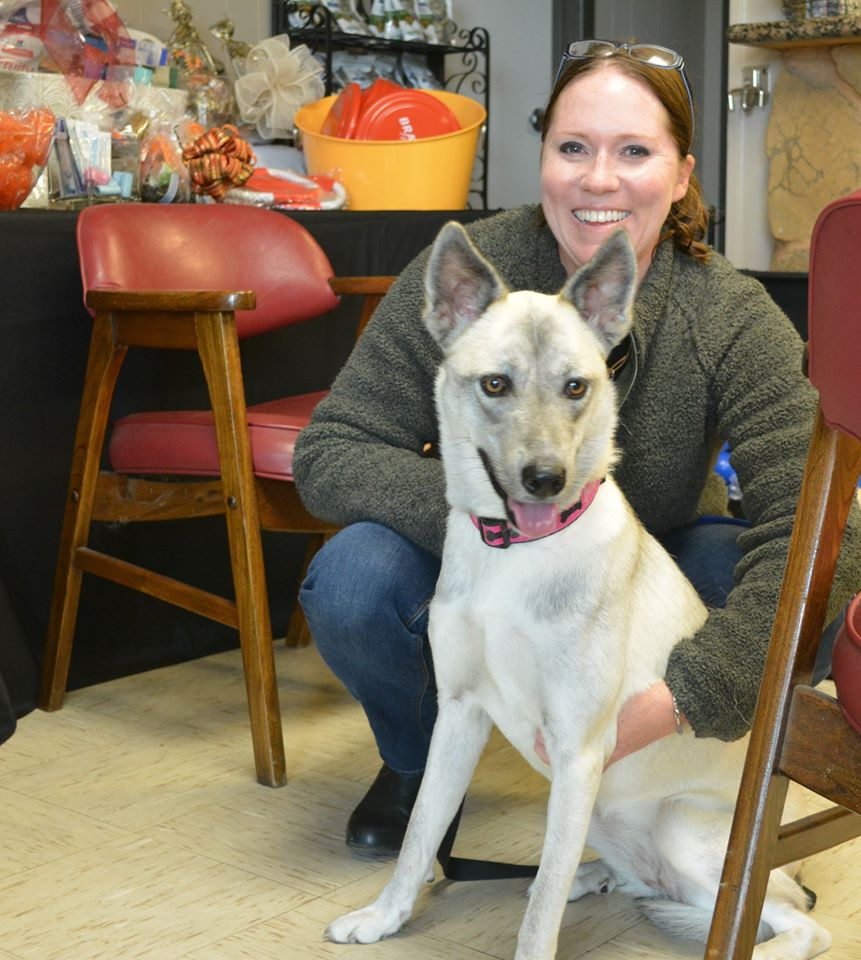Sick as a Dog? Symptoms of a Cold in Your Pet
Our furry friends are susceptible to catching colds just as much as the humans in their lives. Just like their owners, pets can also experience a range of symptoms associated with colds and respiratory infections. Identifying the signs of a cold in your pet is critical, as it allows for timely treatment and a speedy recovery. In this post, we will cover some common symptoms of a cold in your pets and what you should do if you notice any of these signs. Be sure to contact Katy Veterinary Clinic for help caring for your sick canine!
1. Coughing and Sneezing:
One of the most apparent symptoms of a cold in your pet is persistent coughing or sneezing. A cough that worsens over time or is accompanied by discharge from the nose, eyes, or mouth can indicate a respiratory infection. If your pet is continuously sneezing and appears to have difficulty breathing, take them to the vet immediately.
2. Fatigue:
Like humans, when pets are fighting off a cold, they tend to feel more tired than usual. A lack of energy and lethargy are common signs that your pet's immune system is working hard to fight off the infection. Allow your pet plenty of rest and provide them with a comfortable environment to recover. Make sure your pet stays hydrated by providing clean water frequently and during meals.
3. Loss of Appetite and Thirst:
A cold can cause pets to lose their appetite and thirst, leading to dehydration and other health complications. If your pet is not eating or drinking for more than 24 hours, it is crucial to consult with your veterinarian. Your veterinarian may suggest a change in diet or prescribe medication to help your pet recover from their illness.
4. Fever:
A fever is a typical symptom of a cold in dogs and cats. A temperature indicates that your pet's immune system is trying to fight off an infection. If your pet has a high fever, it is best to call your vet for advice on what to do next. A fever accompanied by other symptoms, such as vomiting or diarrhea, requires immediate medical attention.
5. Discharge from Eyes, Nose, or Mouth:
A cold can lead to discharge from the eyes, nose, or mouth. The color and consistency of the discharge can indicate the severity of the infection. Clear or white discharge is typically less concerning, while green or yellowish discharge may indicate a bacterial infection, requiring treatment from a vet. Pay close attention to your pet's discharge and speak with your vet if you notice any changes.
If you notice any of these symptoms in your pet, take them to the veterinarian as soon as possible for prompt treatment. Ensuring your pet's timely recovery is essential for their overall wellbeing and happiness. Take steps to prevent the spread of illness by keeping your pet's environment clean and healthy. Finally, make sure to give your pet plenty of love and attention to help them feel better and reassure them that they have a loving and supportive family. Be sure to give Katy Veterinary Clinic a call for any questions or concerns you have!

 281-391-3169
281-391-3169

